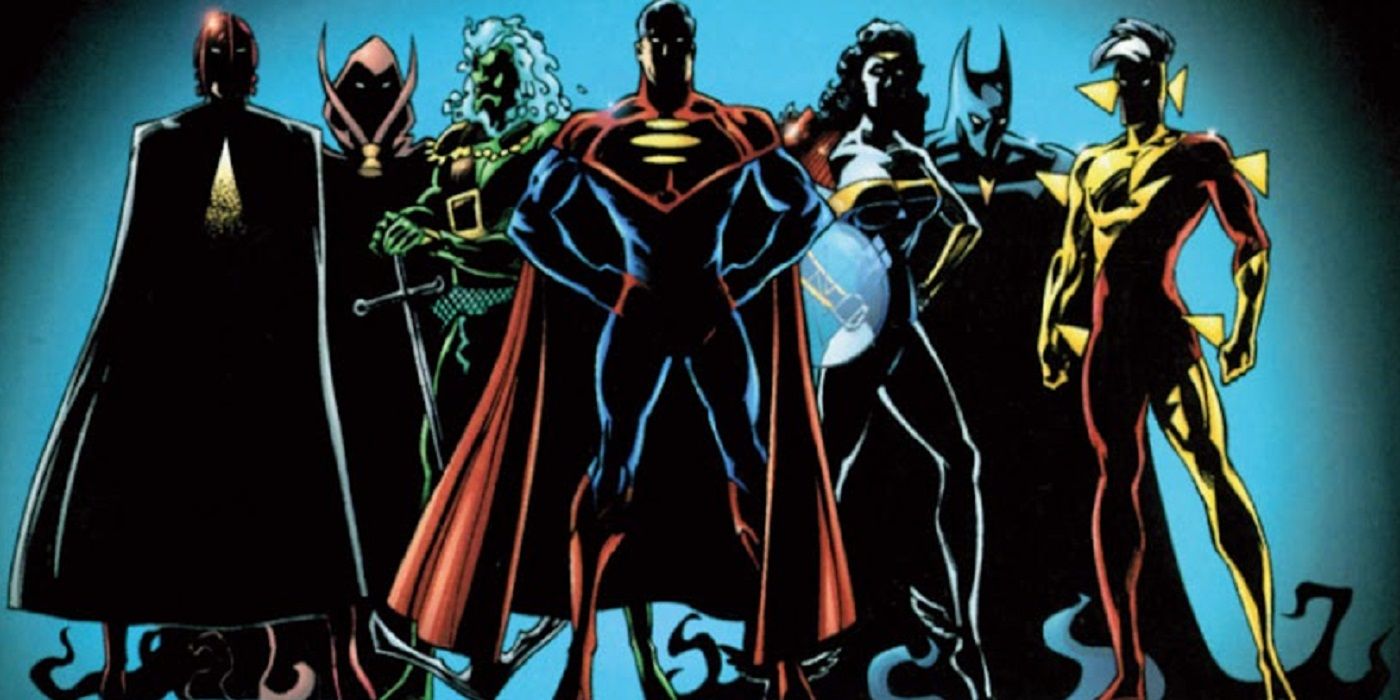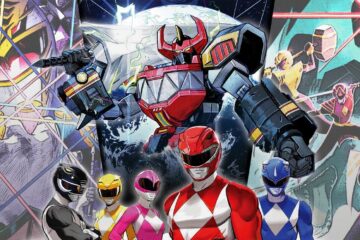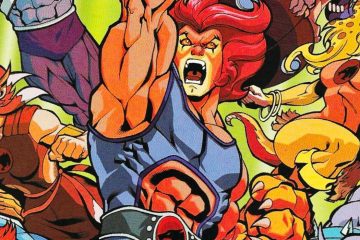In every Look Back, we examine a comic book issue from 10/25/50/75 years ago (plus a wild card every month with a fifth week in it). This time around, we head back to September 1998 for DC’s epic crossover event, DC One Million. Let’s face it, crossovers are freakin’ HARD to do. You only have to look at how many of them aren’t really all that good despite so many great writers being in charge of them to get that it is REALLY tough to do a good company-wide crossover. The funny thing is that the problems with it are often contradictory of each other, which goes to show just HOW nuts it is to make it all work. What I mean is that one criticism of crossovers is that the ancillary stories in the crossover are useless to the overall story (or are just much worse than the main story), while another criticism is that crossovers are TOO caught up in the main story, to the point where you can’t really fully “get” the story unless you collect every part of the crossover event. Plus, of course, are the people who get irritated that their favorite comic book gets its storylines derailed by a crossover every few months (infamously, Peter David’s X-Factor seemed to have its plots interrupted CONSTANTLY by X-Men crossovers to the point where David just left the title period, as he was never given the chance to just tell the stories he wanted to do). As you can see, these criticisms sort of clash with each other at some points – “Don’t be too connected, but also don’t be too distant!”RELATED: 75 Years Ago, Batman Met Vicki Vale, His Own Version of Lois Lane
In every Look Back, we examine a comic book issue from 10/25/50/75 years ago (plus a wild card every month with a fifth week in it). This time around, we head back to September 1998 for DC’s epic crossover event, DC One Million.
Let’s face it, crossovers are freakin’ HARD to do. You only have to look at how many of them aren’t really all that good despite so many great writers being in charge of them to get that it is REALLY tough to do a good company-wide crossover. The funny thing is that the problems with it are often contradictory of each other, which goes to show just HOW nuts it is to make it all work. What I mean is that one criticism of crossovers is that the ancillary stories in the crossover are useless to the overall story (or are just much worse than the main story), while another criticism is that crossovers are TOO caught up in the main story, to the point where you can’t really fully “get” the story unless you collect every part of the crossover event. Plus, of course, are the people who get irritated that their favorite comic book gets its storylines derailed by a crossover every few months (infamously, Peter David’s X-Factor seemed to have its plots interrupted CONSTANTLY by X-Men crossovers to the point where David just left the title period, as he was never given the chance to just tell the stories he wanted to do). As you can see, these criticisms sort of clash with each other at some points – “Don’t be too connected, but also don’t be too distant!”
#Years #DCs #Superheroes #Traveled #853rd #Century #Million
Note:- (Not all news on the site expresses the point of view of the site, but we transmit this news automatically and translate it through programmatic technology on the site and not from a human editor. The content is auto-generated from a syndicated feed.))



